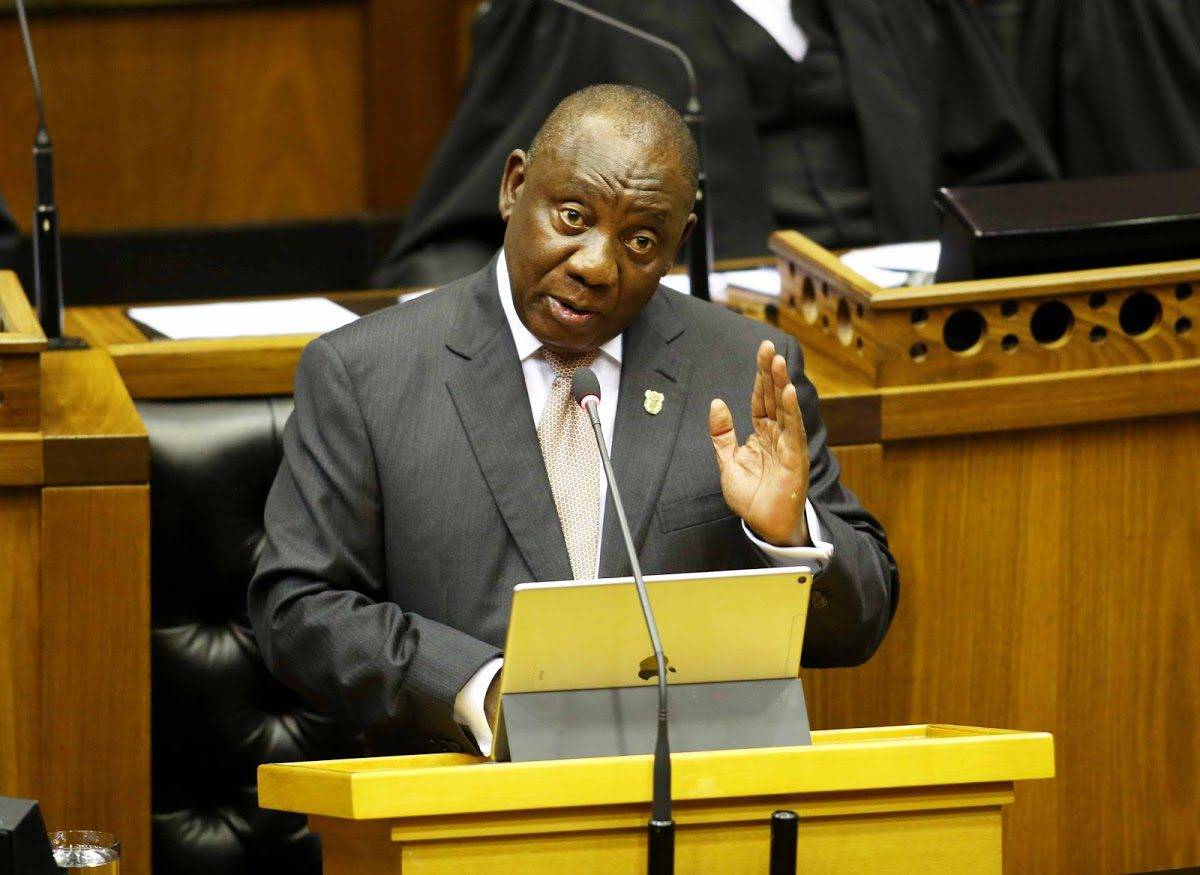A Peek Into SA’s Newly-Assented Debt-Relief Bill: The Good, The Bad & The Ugly

Parliament through a publication has announced the debt relief bill has been signed into law. The lawmakers disclosed that President Cyril Ramaphosa approved the controversial bill beginning of this week.
Following the signing into law the bill, formally referred to as the National Credit Amendment, heavily indebted customers will be extinguished but only if they earn a gross monthly income of not more than ZAR 7,500.
Those with debts should also have unsecured debts; loan not backed by underlying asset amounting to ZAR 50,000 and who have been found to be critically indebted by the National Credit Regulator.
Notably, the act will exempt certain applicants to have their debt temporarily suspended in part or in full for 12-24 months, with regular reviews.
The act provides that in the case the financial situation of the applicant does not improve, the consumer can apply for debt relief interventions which include a debt being written off.
The debt will only be written off in the following circumstances:
- Where the person earned no more than ZAR 7,500 monthly for over the last six months
- Where the unsecured debt is not more than ZAR 50,000
- Where the unsecured debt was accrued through unsecured credit agreements, unsecured short term credit transactions or unsecured credit facilities only
Intentionally submitting false information related to debt intervention and altering financial circumstances so as to qualify for debt intervention will be considered an offense in the newly-assented debt-relief bill.
The move will come as a sigh of relief for South Africans who are the most indebted people in the world, this is according to a World Bank report. A study published in 2014 showed that 86 percent had borrowed money in the previous year.
The World Bank’s Global Findex Database also indicated that South Africans are among the top borrowers in the world. Reports indicate that citizens of the country known to be Africa’s most industrialized have resulted in credits to be able to fend for their families.
Credit counseling group Kudough thinks it likely that South Africans spend about three-quarters of all personal disposable income toward paying off debt. The firm said over half of those with debt struggle to repay, estimating the average adult debt as ZAR 70, 000.
The new law will allow those with personal bankruptcy a break before repaying their loans.
The South African banking sector had dissenting views regarding debt forgiveness as it could lead to huge losses for banks. Peter Attard Montalto, an analyst said,” imposition of a new income-based personal insolvency and debt affordability regime force losses on the banking sector of around ZAR 25 Bn.”
It was also argued that the proposals would force banks to revisit and review the lending conditions which may disadvantage the low-income people as it will make it more difficult for them to access loans.
DA MP and spokesperson on trade and industry Dean Macpherson said, “The DA is concerned that this act will increase, instead of decrease, the appetite among low-income earners to incur more debt with no intention of ever paying it back, creating a massive moral hazard, as long as they remained within the legislated threshold of indebtedness.”
He cited “information vacuum which will have disastrous consequences for consumers, the cost of credit and the restriction of credit for low-income South Africans.”
Featured Image Courtesy: Esa Alexander